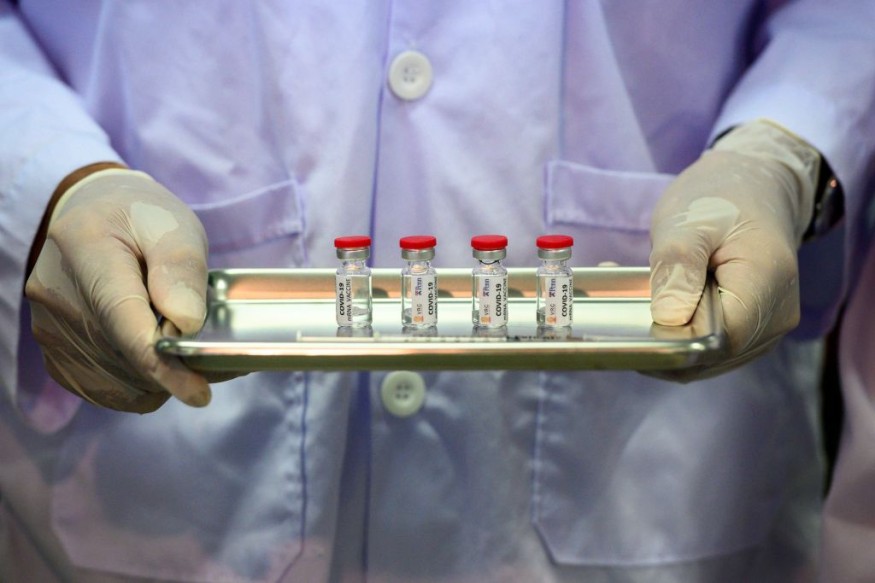
The venous blood constraint serves as a protective boundary for the cerebral blood flow, preserving the fragile synapses within.
Nonetheless, in regards to sending medications to manage neurological illnesses, its rigorous admittance procedure might be more difficult.
Blood-Brain Barrier Study on Mice
Researchers have been attempting for ages to develop methods to grant medicinal therapies a license to traverse the blood-brain threshold.
Today a recent paper presents among the most plausible techniques so far. A method of which involves manipulating the constraint at the cellular scale.
A recently found antigen can access the blood-brain boundary for a few hours at a period, providing a golden potential for medication delivery. This may eventually make neurodegenerative diseases like Alzheimer's or even multiple sclerosis simpler to handle.
According to the explanation given by Yale University physiologist Anne Eichmann, the occurrence is the very initial occasion experts and investigators alike found out ability to manipulate the blood-brain stumbling block with a chemical.
To do this, the research teams used a communication mechanism identified as the Wnt signaling pathway. The Wnt signaling pathway controls multiple critical molecular pathways, and in this investigation, the transmission channel was employed to break through the blood-brain impediments.
As per Nature Communication, the chemical Unc5B, which regulates interaction among both blood arteries and underlying structures, was fundamental to the development
Investigations revealed that when this transmitter was taken off in rodents, the animals perished as embryos seeing as their vasculature also known as the blood vessel network channel did not mature normally.
Furthermore, deleting Unc5B lowered the amounts of a transcription factor Claudin-5, which itself is important in constructing together the synapses of the blood-brain border, indicating that Unc5B may serve a function in unlocking the constraint sufficiently to allow medications to pass across.
Mature mouse experiments revealed that the lack of Unc5B does definitely allow the blood-brain interface to remain permeable.
The investigators then discovered the Netrin-1 ligand - a connecting molecule - that regulates the effectiveness of Unc5B. Subsequently, an antibody to inhibit Netrin-1 and damage the Wnt pathway was produced.
"The event was an incredibly interesting experience, and even more so the creation of our neutralizing antigens" told Yale scientist and research main author Kevin Boyé to ScienceAlert reporter.
Along with demonstrating that humanity could indeed break the blood-brain constraint in a highly moment sensitive manner to facilitate medication administration.
Developed Antibody Could Help the Blood-Brain Barrier
Unc5B, which was identified in nematodes, has never before shown connected to the operation of the Wnt signaling pathway in this capacity, which is a fascinating finding given its prospective for facilitating therapy distribution for a wide range of related central nervous system disorders.
However, there is still more to be done. The antibody's efficiency is still being investigated, and the investigation teams will be on the lookout for any oxidative stress or adverse reactions that may render medication delivery in this manner difficult.
The researchers expect that these discoveries may assist improve chemotherapeutic for brain various cancers in the future. The very particular antibodies have the great promise to be employed in other parts of the peripheral neurological framework.
"This opens the door to much more exciting basic study into how the system generates one such stringent firewall to safeguard its neural connections as well as how it may be altered for medication administration reasons," Eichmann adds.
© 2026 NatureWorldNews.com All rights reserved. Do not reproduce without permission.





